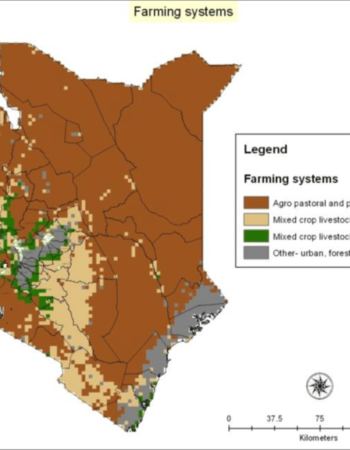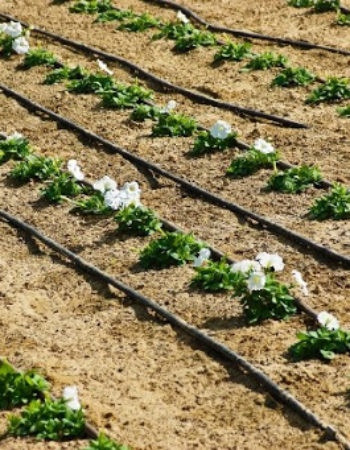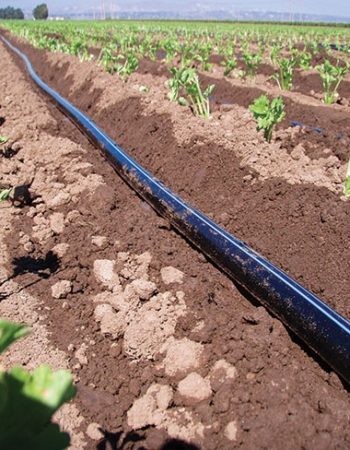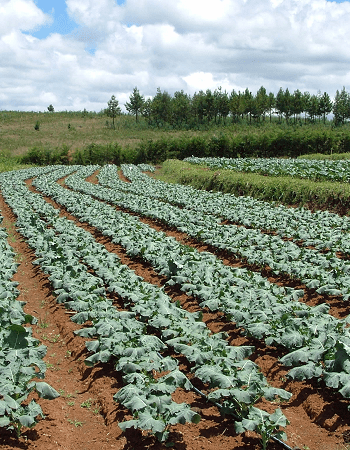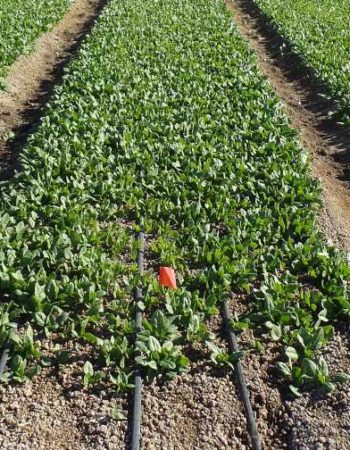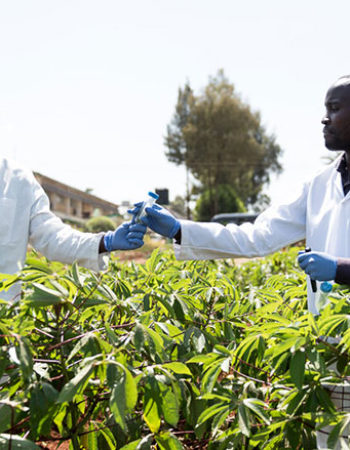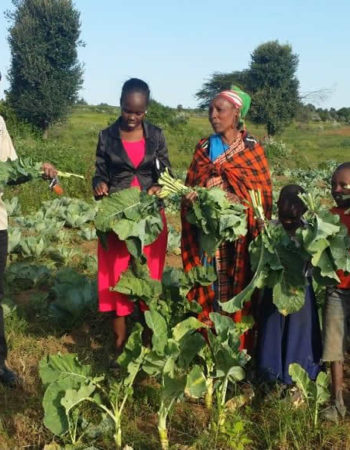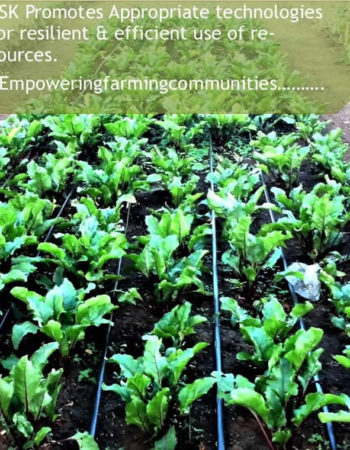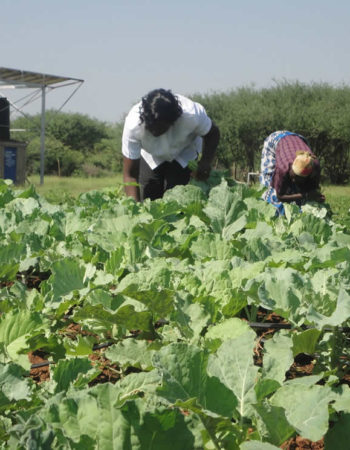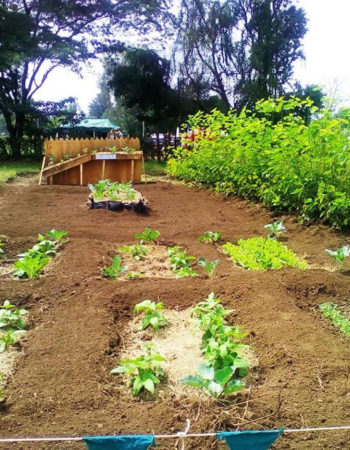
Global demand for livestock’s products is projected to increase progressively due to extensive urbanization, rapid growth of the human population and income dynamics. The livestock industry, which is an integral part of the agricultural sector, plays a major role in the socio- economic development and contributes towards household food and nutritional security.
The livestock sector contributes about 12% of Kenya’s Gross Domestic Product (GDP), 40% to the agricultural GDP, accounts for over 30% of the farm-gate value of agricultural sector commodities and employs 50% of agricultural labor force. About 60% of Kenya’s livestock herd is found in the arid and semi-arid lands (ASALs), which constitute about 80% of the country. It is estimated that 10 million Kenyans living in the ASALs derive their livelihood largely from livestock.
Farming Systems Kenya has continued contributing positively and impacting to the dairy industry through working with small-scale farmers in groups to enhance food security through development of agriculture in Kenya. The main focus has been the smallholder farmers who contribute 80% of the Kenyan farming community; they do contribute both directly and indirectly to food security and sustainable development in Kenya.
FSK offersextension services which include: trainings, treatment, vaccinations and consultations. The confidence of dairy farmers has been boosted through working in groups who can now market their milk and earn their income fortnightly.
FSK has supported 80 farmers with dairy cows which have brought forth 184 calves since 2013. In dairy goats, 100 groups of a membership of 25 have benefited directly while over 15,000 have benefited indirectly. On average each doe produces one and a half liters of milk per day. Farmers have now realized that dairy goat farming is an activity that can generate income, create employment opportunities and provide food security. Due to their small body size, higher prolificacy and shorter generation intervals compared to large stock, goats are easier to de-stock and restock as required. Goats are a good pathway out of poverty for smallholders. The high quality of goat’s milk addresses malnutrition at the household level of many rural communities.
Rate us and Write a Review
May, 2024
Thursday
August 26,2019
- Tuesday
- 9:00am - 10:00am
Awesome Job!
We have received your appointment and will send you a confirmation to your provided email upon approval.


